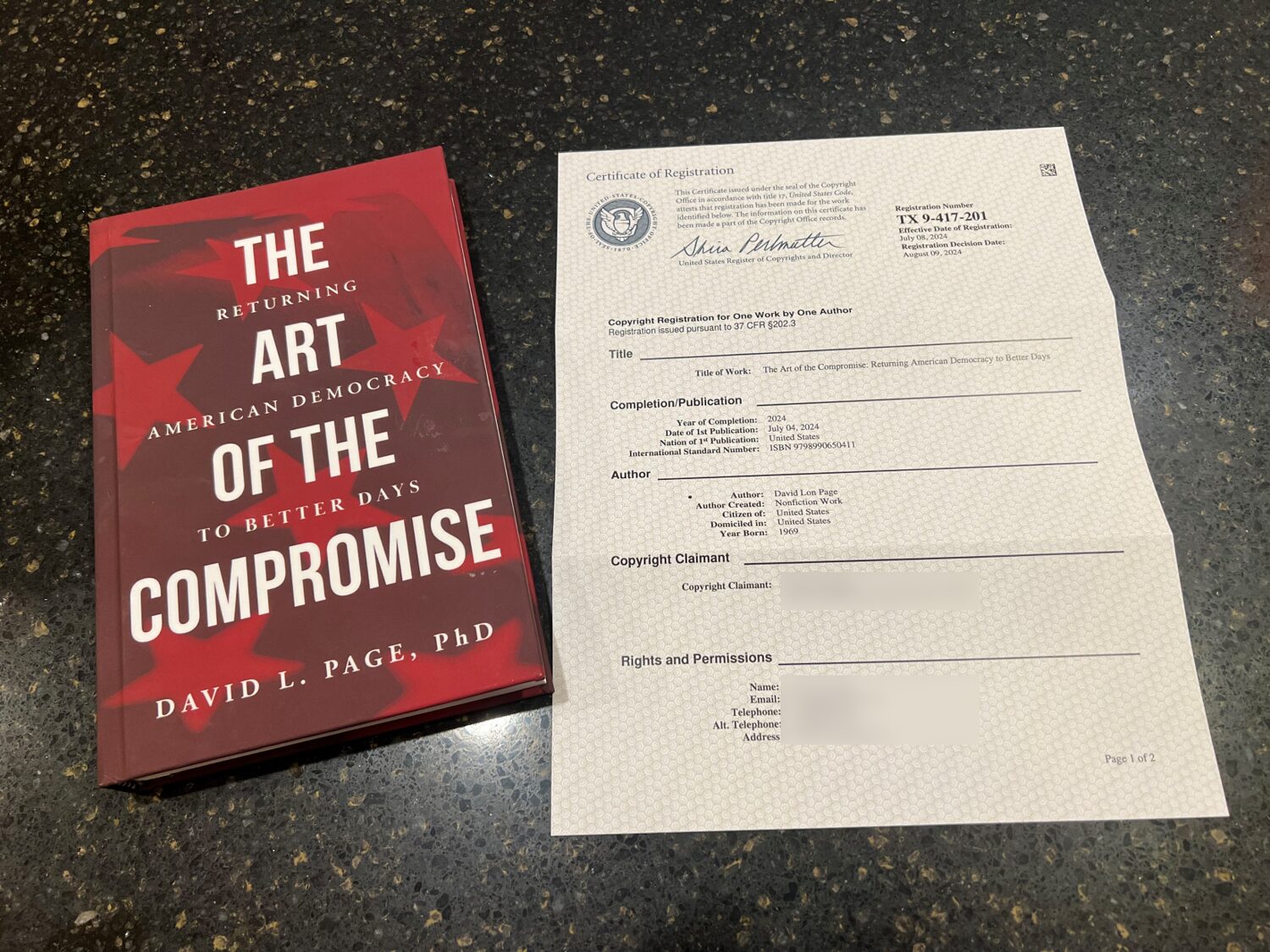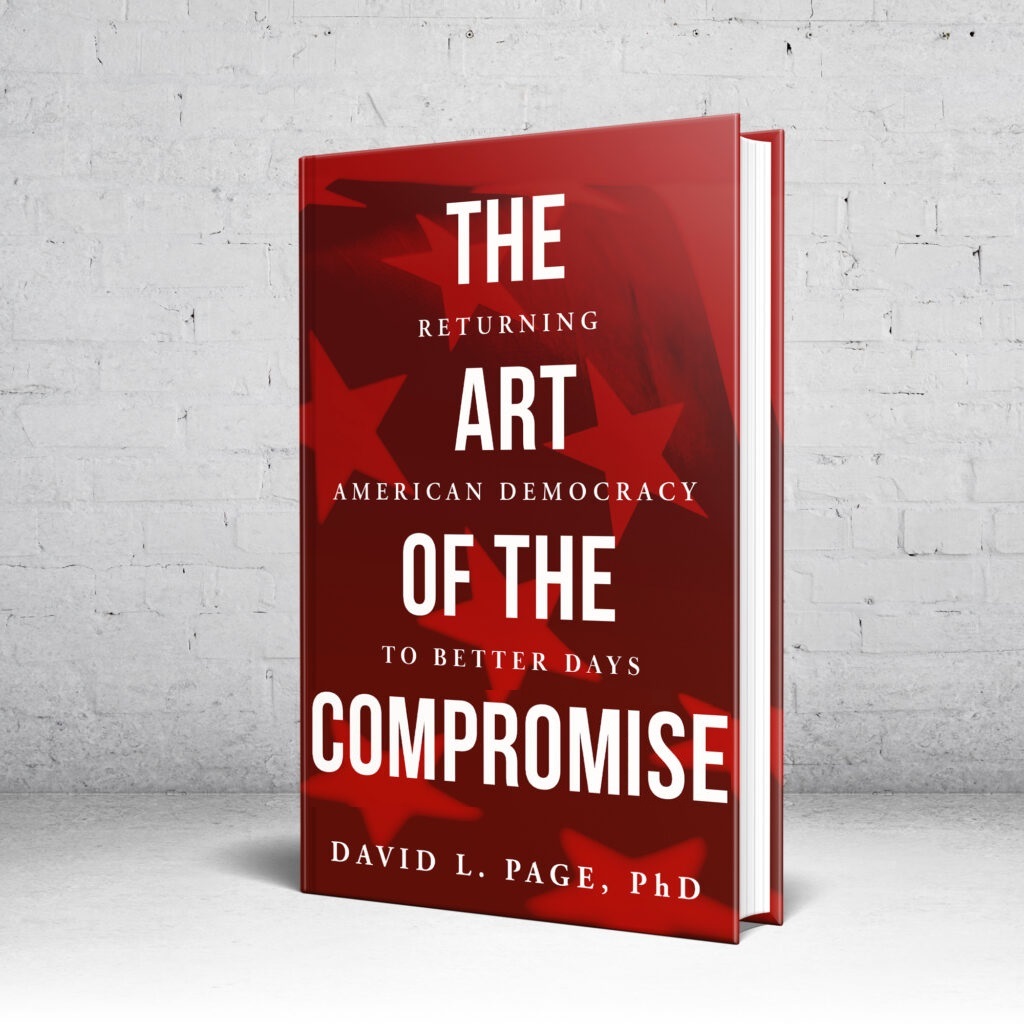In the past few months, Knox County, Tennessee, has been embroiled in a controversy that’s become all too familiar in modern American politics. Betsy Henderson, Chair of the Knox County Board of Education and candidate for Knox County Mayor, testified before the Tennessee State Senate in support of Governor Bill Lee’s school voucher proposal, despite the Knox County Board of Education’s official opposition. The result? A wave of backlash from opponents, including a Change.org petition calling for Henderson’s removal, accusing her of violating the public’s trust.
But here’s the kicker: Henderson didn’t surprise anyone with her stance on school vouchers. She ran for office on the promise of advocating for parental choice in education, including support for school vouchers. Henderson’s platform was clear and unapologetic, and her testimony in favor of the voucher program was entirely consistent with the policies she campaigned on. So why is there suddenly an uproar? It’s because, rather than letting the voters decide whether she should remain in office, ethics complaints are being used as a political weapon—a troubling trend that risks undermining the very democratic principles our country was built on.
This petition is more than just an ethical question. This petition is about the growing tendency to criminalize political disagreements, to resolve differences not through democratic processes, but through courts and prosecutors. As we examine Henderson’s case, we must ask ourselves: Are we willing to allow political disputes to be settled in the jury box instead of the ballot box?
Betsy Henderson’s Story: Politics, Not a Surprising Ethical Lapse
At the heart of the controversy is an ethics complaint, alleging that Henderson violated the Knox County Board of Education’s position by publicly supporting school vouchers. But let’s take a step back. Henderson didn’t suddenly spring a surprise on the electorate. When she ran for the school board, she campaigned on the issue of parental choice, including the potential for school vouchers. Voters knew exactly where she stood. So why, then, should a political disagreement—one that reflects her clear platform—be treated as an ethics violation?
The issue here isn’t about an ethical lapse that betrays the public trust. It’s about using ethics laws as a weapon to silence political opponents. When political differences are turned into criminal accusations or ethical complaints, we begin to erode the foundation of democracy itself. Voters, not ethics committees, should decide whether an official deserves to remain in office. And when political differences are criminalized, we short-circuit the very process that was designed to hold elected officials accountable.

The Criminalization of Politics: Insights from Reynolds, Silverglate, and Dershowitz
Henderson’s case is far from isolated. Across the country, we’ve witnessed a growing trend where political disagreements and ethical complaints are increasingly becoming legal matters. And it’s not just happening in local politics—it’s a systemic issue, one that has gained momentum over the past few decades. We need to understand the deeper implications of this trend, which has been well-documented by experts like Glenn Reynolds, Harvey Silverglate, and Alan Dershowitz.
Glenn Reynolds, in Ham Sandwich Nation, describes how the overcriminalization of American life has led to a “due process gap,” where people can be targeted for ethical lapses that are vague, subjective, and politically charged. Reynolds argues that prosecutorial discretion allows for the legal system to be weaponized to target individuals based on tenuous or politically motivated complaints. The situation in Knox County is a perfect example of this dynamic: Henderson’s political stance on school vouchers has become the basis for an ethics complaint, despite no evidence of any illegal or unethical behavior.
Harvey Silverglate, in Three Felonies a Day, takes this argument even further. He contends that most people unknowingly commit felonies every day because the laws are so vague and expansive. In the world of politics, this means that public officials can easily be accused of ethics violations simply for engaging in political debate or expressing controversial opinions. Silverglate’s analysis reveals the danger of overcriminalization: when the law is so expansive that it encompasses everything, it becomes a tool for political retribution rather than justice.
Alan Dershowitz, in Trumped Up, also warns about the dangers of criminalizing political differences. He emphasizes that the criminalization of politics—whether through ethics complaints, legal charges, or public pressure—undermines democracy itself. The Founding Fathers envisioned a system where political disputes were settled through elections, not through legal or criminal proceedings. By using ethics laws to target political opponents, we shift the power away from the electorate and put it into the hands of prosecutors and judges, who are unelected and unaccountable to the people.
The Founding Fathers: Ethics, Public Trust, and Political Accountability
The Founders were acutely aware of the dangers of corruption and the abuse of power, but they didn’t believe that criminalizing ethical lapses was the solution. Instead, they created a system where checks and balances ensured that officials remained accountable to the people. James Madison, in Federalist No. 51, wrote, “If men were angels, no government would be necessary.” He understood that all politicians were imperfect, but he believed the remedy wasn’t criminalization—it was a government that allowed for public accountability through elections.
Alexander Hamilton, in Federalist No. 65, argued that impeachment, rather than criminal charges, should be the tool for removing officials who commit high crimes and misdemeanors. Impeachment, he wrote, was meant for serious breaches of public trust, not for minor ethical missteps or political disagreements. This approach ensured that the people remained the final arbiter of an official’s fitness to serve, not unelected legal authorities.
By design, the Founders placed the power to remove elected officials squarely in the hands of the public, through elections. They did not want to create a system where every disagreement could lead to a legal or criminal consequence. Instead, they believed that public debate and elections were the proper mechanisms for resolving political conflicts.
The Danger of Overreaching Ethics Laws
The trend of turning every political disagreement into an ethics violation is deeply concerning. When we allow ethics laws to become weapons, we undermine democracy itself. Ethics should be a standard, not a tool for political warfare. When we use ethics complaints to remove political figures who disagree with us, we do more than just harm the individuals involved—we erode the very principles of self-governance and public accountability.
By criminalizing political differences, we are robbing the people of their most fundamental power—the power to choose their representatives. Henderson’s case illustrates how the system is being manipulated to short-circuit elections and allow a small group of unelected officials to decide who should hold power. The electorate, not an ethics board or prosecutor, should decide whether an official is fit to serve.
Conclusion: Returning to Democracy
We must restore the power of the electorate to decide political matters. When elected officials violate the public’s trust, the remedy is clear: elections. When a serious breach occurs, impeachment can be the tool for removal. But we must not allow ethics laws to become a tool for silencing dissent or criminalizing political disagreements. Our Founders gave us a system of self-governance where the people decide who should lead, not unelected bureaucrats or legal authorities. It’s time we return to that system—where politics is decided in the ballot box, not the jury box.
Disclaimer: ChatGPT, as always, is here to offer friendly advice, witty commentary, and a sprinkle of humor. But remember, it’s an AI—so if you take my advice to heart and run for office, just be sure to check the ethics codes before you make any big speeches.


